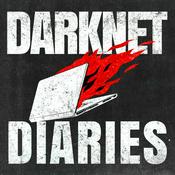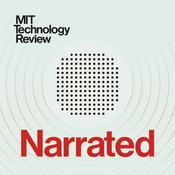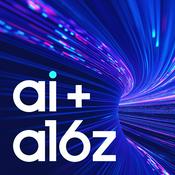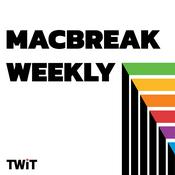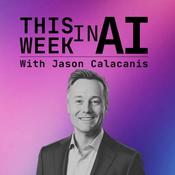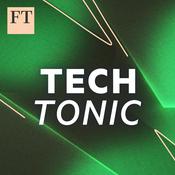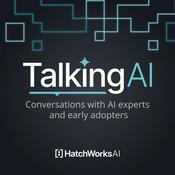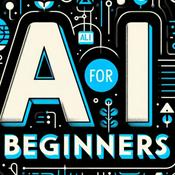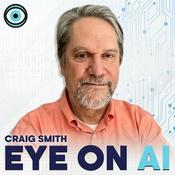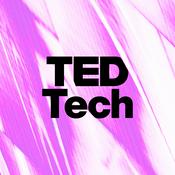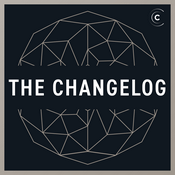2377 episodes
- Steve Ruiz joins us for a deep-dive on tldraw (a very good free whiteboard) and the business he's built selling SDKs that help others build very good whiteboards (and more) with tldraw's high-performance web canvas.
Along the way, we discuss the excitement/fear we share about keeping our agents busy, how SDK and infra companies are affected differently by agentic software than SaaS companies, how Steve is approaching the coming era of internal tooling, what will happen when we equip LLMs with an infinite canvas, and more. - Our ol' friend, Brett Cannon, is back to talk all things Python. But first! Star Wars, Machete Order, Lost, Babylon 5, Game of Thrones, Murderbot, Ted Lasso, Project Hail Mary, David Attenborough, perpetual voice rights, and the AI uncanny valley.
- Paul Dix joins us to discuss the InfluxDB co-founder's journey adapting to an agentic world. Paul sent his AI coding agents on various real-world side quests and shares all his findings: what's going to prod, what's not, and why he's (at least for a bit) back to coding by hand.
Update: He's back to letting the AIs write code, but with a lot more oversight. For now… - Mitchell Hashimoto's trust management system for open source, Nicholas Carlini has a team of Claudes build a C compiler, Stephan Schwab recounts the history of attempted developer replacement, NanClaw is an alternative to OpenClaw, and Sophie Koonin can't wrap her head around so many people going so hard on LLM-generated code.
More Technology podcasts
Trending Technology podcasts
About Changelog Master Feed
Your one-stop shop for all Changelog podcasts. Weekly shows about software development, developer culture, open source, building startups, artificial intelligence, shipping code to production, and the people involved. Yes, we focus on the people. Everything else is an implementation detail.
Podcast websiteListen to Changelog Master Feed, Shell Game and many other podcasts from around the world with the radio.net app

Get the free radio.net app
- Stations and podcasts to bookmark
- Stream via Wi-Fi or Bluetooth
- Supports Carplay & Android Auto
- Many other app features
Get the free radio.net app
- Stations and podcasts to bookmark
- Stream via Wi-Fi or Bluetooth
- Supports Carplay & Android Auto
- Many other app features


Changelog Master Feed
Scan code,
download the app,
start listening.
download the app,
start listening.





